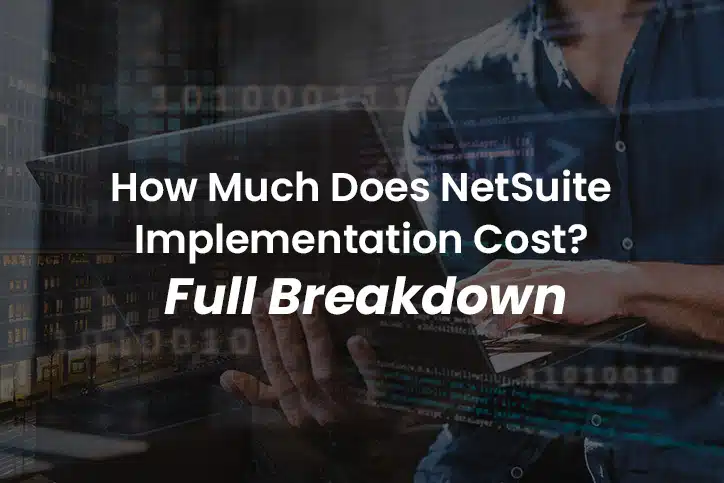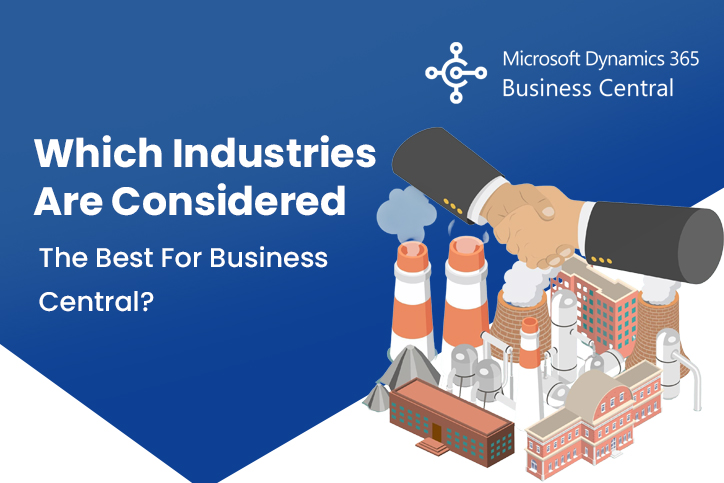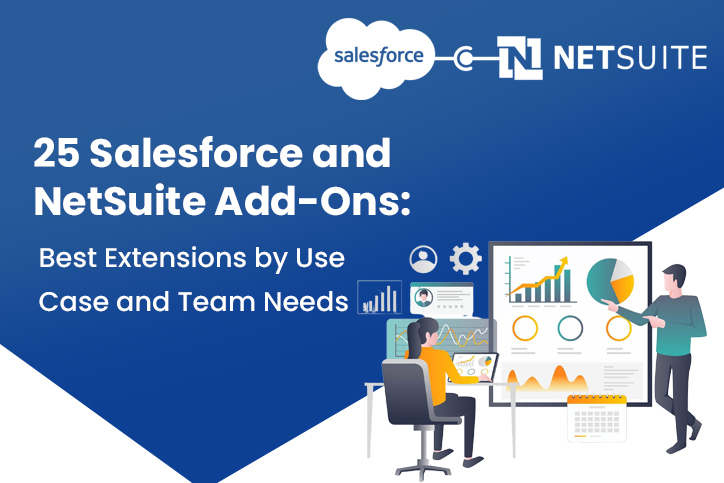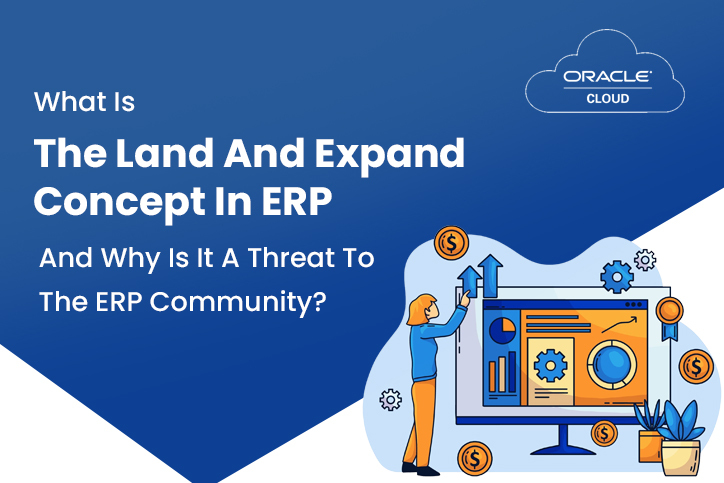Investing in an ERP system like NetSuite is a strategic move, but one of the most common questions decision-makers ask is: “How much does NetSuite implementation cost ” The answer is layered, involving multiple variables such as licensing, complexity, customization needs, and support requirements.
This in-depth guide uncovers the key cost elements of NetSuite implementation, empowering you with clarity and control as you plan your ERP journey.
What Influences NetSuite Implementation Cost?
NetSuite implementation is not a one-size-fits-all service. The overall cost can range anywhere from $25,000 to $100,000+, depending on various factors:
1. License Type and User Count:
- NetSuite license cost varies based on the number of users and modules selected.
- Businesses can choose between base editions (for small companies) and more advanced packages (for enterprise-level operations).
2. Complexity of Business Operations:
- More complex operations demand more customizations, which increase costs.
- Multi-subsidiary setups, global taxation, or advanced financial reporting structures need more configuration time.
3. Customization Requirements:
- Tailoring NetSuite to your specific business processes requires scripts, workflows, and integration with third-party tools.
- Customization can add anywhere from $5,000 to $50,000 to your overall budget.
4. Data Migration Efforts:
- Migrating data from legacy systems isn’t always straightforward.
- Clean-up, formatting, and testing require dedicated hours, which can raise costs significantly.
5. Training and Support:
- A robust training program ensures smoother adoption.
- Ongoing support contracts or admin resources may be required post-go-live.
Typical Cost Breakdown of NetSuite Implementation:
Here’s a closer look at the key cost components of a typical NetSuite implementation project:
| Component | Estimated Cost Range |
| NetSuite Licensing | $10,000 – $100,000+ annually |
| Implementation Services | $25,000 – $75,000+ |
| Customization & Scripts | $5,000 – $50,000 |
| Data Migration | $5,000 – $20,000 |
| Training & Change Mgmt | $2,000 – $15,000 |
| Post-Go-Live Support | $2,000 – $10,000 annually |
Pro Tip: Bundle implementation services and licensing with a certified provider like SoftArt to streamline costs and optimize delivery.
Phases of NetSuite Implementation and Their Costs:
Understanding the implementation phases helps you assess where your money goes:
1. Planning & Discovery:
- Goal: Gather business requirements and outline the scope.
- Cost: Part of initial consultation or scoping fee.
2. System Design & Configuration:
- Align system with business workflows.
- Cost: $10,000 – $30,000 depending on complexity.
3. Customization & Integration:
- Tailoring features, dashboards, and automation.
- Cost: $5,000 – $50,000.
4. Data Migration & Validation:
- Importing and testing legacy data.
- Cost: $5,000 – $20,000.
5. User Training & UAT:
- End-user training and final testing.
- Cost: $2,000 – $15,000.
6. Go-Live & Support:
- Monitoring performance, issue resolution.
- Cost: $2,000 – $10,000 annually.
Best Practices to Optimize NetSuite Implementation Cost
Minimize your total spend without compromising on quality by adopting these practices:
- Start with a clear scope: Avoid scope creep by defining deliverables up front.
- Leverage out-of-the-box features: Maximize NetSuite’s native capabilities before customizing.
- Choose the right implementation partner: Experience matters. Work with certified NetSuite implementation services experts like SoftArt.
- Phase your rollout: Implement critical modules first, then add more gradually.
- Invest in training: Well-trained users reduce post-go-live support needs.
Common Challenges That Can Impact Cost
Awareness of potential pitfalls helps you prepare your budget better and build a more realistic implementation strategy. Here are some common issues that could escalate costs if not addressed early:
1. Underestimating Internal Resource Needs:
- Assigning part-time or inexperienced staff to manage the project internally often results in delays and miscommunications.
- It’s important to allocate dedicated and knowledgeable team members who can collaborate effectively with the implementation partner.
2. Incomplete Requirements Gathering:
- Failing to document detailed business rules, compliance needs, or workflows in the early stages can lead to major gaps.
- These gaps typically surface during testing or go-live phases, requiring unplanned customizations and rework.
3. Over-Customization:
- While customization helps tailor the platform to your business, excessive or unnecessary custom workflows can complicate updates and maintenance.
- Overdoing it often leads to scope creep and escalated consulting hours, increasing both upfront and ongoing costs.
4. Lack of User Buy-In:
- Resistance to change or lack of user involvement in the implementation process can negatively impact adoption.
- This leads to increased support requirements post-launch and may even necessitate retraining or system reconfigurations, which can significantly inflate your budget.
How NetSuite Licensing Affects Implementation Cost:
Your NetSuite license cost not only affects annual fees but also implementation scope:
- More modules mean broader implementation.
- Some licenses include advanced features that may require additional configuration.
- Role-based user licenses must be mapped accurately to avoid overspending.
Work closely with your solution provider to forecast how your licensing choices impact implementation time and services needed.
On-Premise vs Cloud: Why It Matters for Cost
While NetSuite is inherently a cloud-based solution, understanding how this impacts cost is key:
- Lower IT overhead: No servers or maintenance needed.
- Subscription-based pricing: Avoids large upfront CAPEX.
- Faster updates: Reduced upgrade-related consulting expenses.
Who Should Be Involved in Budgeting?
NetSuite implementation isn’t just an IT project. A cross-functional team should be part of the budgeting and planning process:
- CFO/Finance Head – Ensures ROI and value alignment.
- IT Director – Manages integrations and security.
- Operations/Department Heads – Validates process fit.
- Implementation Partner – Guides planning, execution, and change management.
Hidden Costs You Should Account For:
Be aware of the “less obvious” costs:
- Project management tools or services
- Post-implementation audits or optimizations
- Licensing for third-party integrations
- Time cost of internal staff
Is NetSuite Worth the Investment?
Though NetSuite implementation cost may seem significant upfront, the value it delivers in operational efficiency, real-time reporting, and business scalability makes it a high-ROI investment.
The key to a successful rollout lies in clear planning, trusted partnerships, and realistic budgeting. When executed right, the returns far outweigh the initial expenses. Want to navigate NetSuite with clarity and confidence? Partner with a trusted name that delivers results.
SoftArt offers end-to-end NetSuite implementation services tailored to your business goals.
Frequently Asked Questions:
Q. What is the average cost of NetSuite implementation for most businesses?
Ans. The average NetSuite implementation cost typically falls between $25,000 and $100,000 or more, depending on several key factors. These include the number of users, the complexity of business operations, the extent of required customizations, and the volume of data migration. For small to mid-sized businesses with standard ERP needs, the cost usually stays on the lower end, while enterprises with multiple subsidiaries and advanced workflows may incur higher expenses.
Q. What are the main cost drivers of a NetSuite implementation project?
Ans. Several variables contribute to the final cost of implementation. Major drivers include NetSuite license cost, user count, number of modules selected, custom scripting and integrations, business process complexity, legacy data migration, training programs, and post-go-live support. The more tailored and complex your business requirements are, the more time and resources will be needed—leading to higher overall costs.
Q. Is NetSuite implementation a one-time investment, or are there ongoing expenses?
Ans. The initial implementation is indeed a one-time investment, but there are ongoing recurring expenses to consider. These include annual NetSuite license renewals, potential fees for additional modules or user licenses, optional support packages, and periodic system optimizations or updates. Many businesses also invest in continuous training or enhancements to keep up with evolving needs.
Q. How long does it usually take to complete a NetSuite implementation?
Ans. The implementation timeline varies based on project complexity, internal readiness, and the availability of business resources. On average, a NetSuite implementation takes 3 to 9 months. Smaller organizations with fewer customizations may go live within a few months, while larger enterprises with intricate operations and global setups may require longer implementation periods.
Q. Can NetSuite implementation costs be optimized or reduced without affecting quality?
Ans. Yes, it’s possible to manage costs effectively by following best practices. You can reduce unnecessary spending by starting with a clear project scope, utilizing out-of-the-box NetSuite functionality, limiting over-customization, and partnering with a certified NetSuite implementation services provider. Additionally, phasing the implementation and investing in user training early can help mitigate long-term support expenses.








